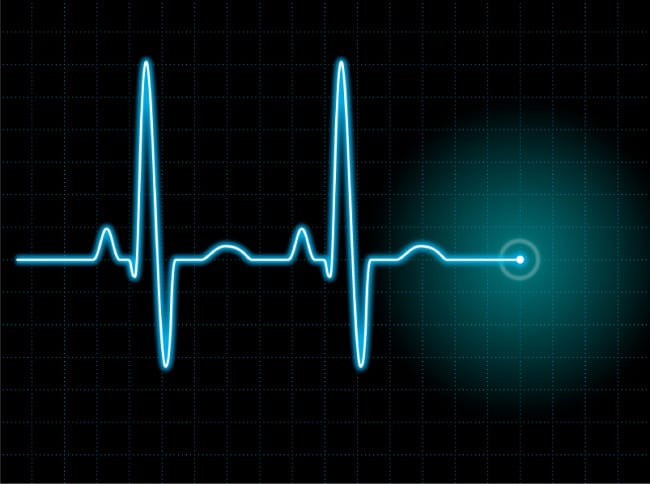 Vital biometrics—the measurement of a user’s internal body functions, like heart rate, ECG and blood oxygen level—play a unique and increasingly prominent role in mobile identity tech.
Vital biometrics—the measurement of a user’s internal body functions, like heart rate, ECG and blood oxygen level—play a unique and increasingly prominent role in mobile identity tech.
Also known as physiological biometrics, these indicators are most often found in wearable devices for the purpose of fitness tracking. But the same capabilities that enable those functions also make vital biometrics a valuable tool in healthcare, and particularly remote care. Wearable devices are increasingly being used to let patients record and transmit important health data without the need to go to the hospital in-person, and while many of these devices are specifically designed for healthcare purposes, even some consumer-facing wearables like the Apple Watch now have sufficiently advanced biometric capabilities to allow them to be integrated into remote care systems.
Innovations in vital biometrics are also opening the door to authentication applications. Researchers have found that even physiological biometrics like heart rate can produce patterns that are unique to an individual, and some pioneering firms have started to design wearables that can actually leverage these vital signs to continuously confirm the identity of the wearer.


Follow Us